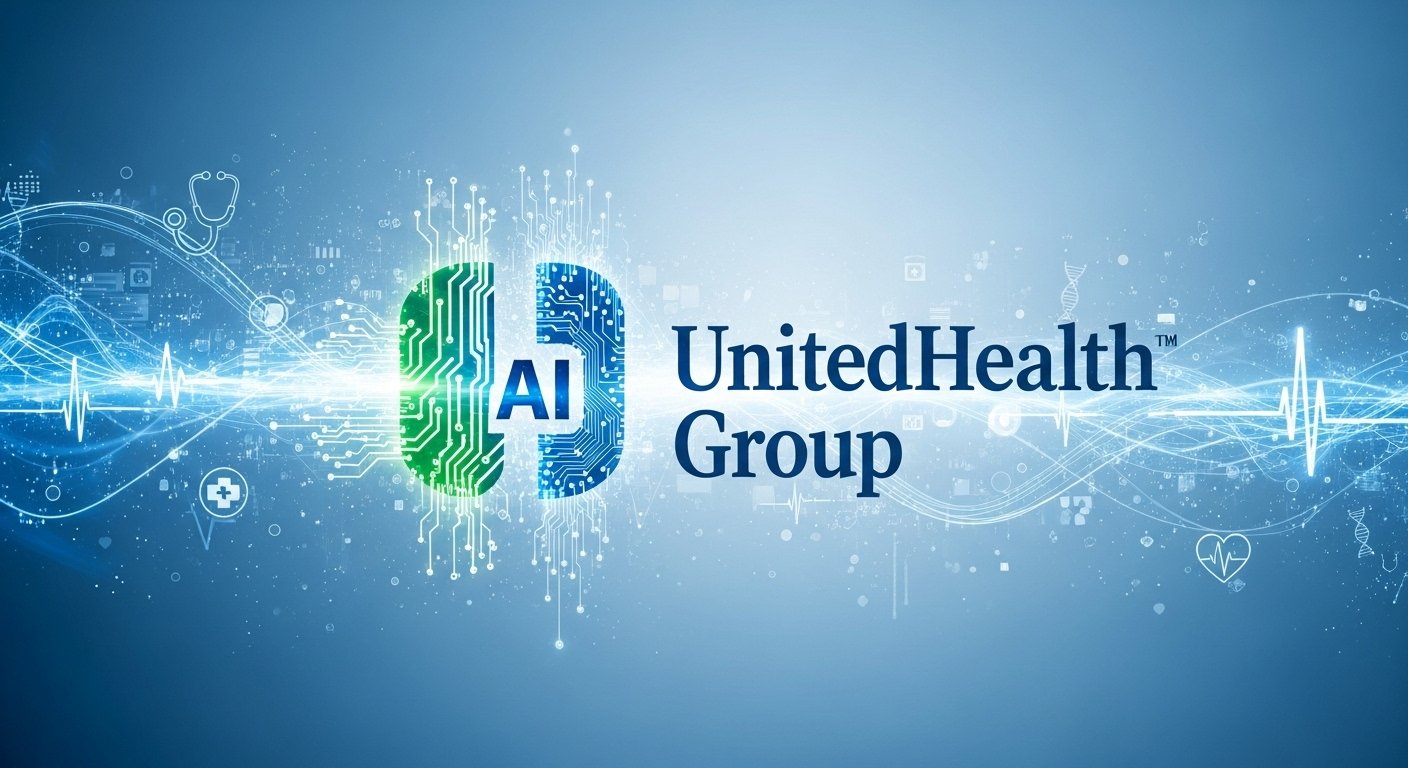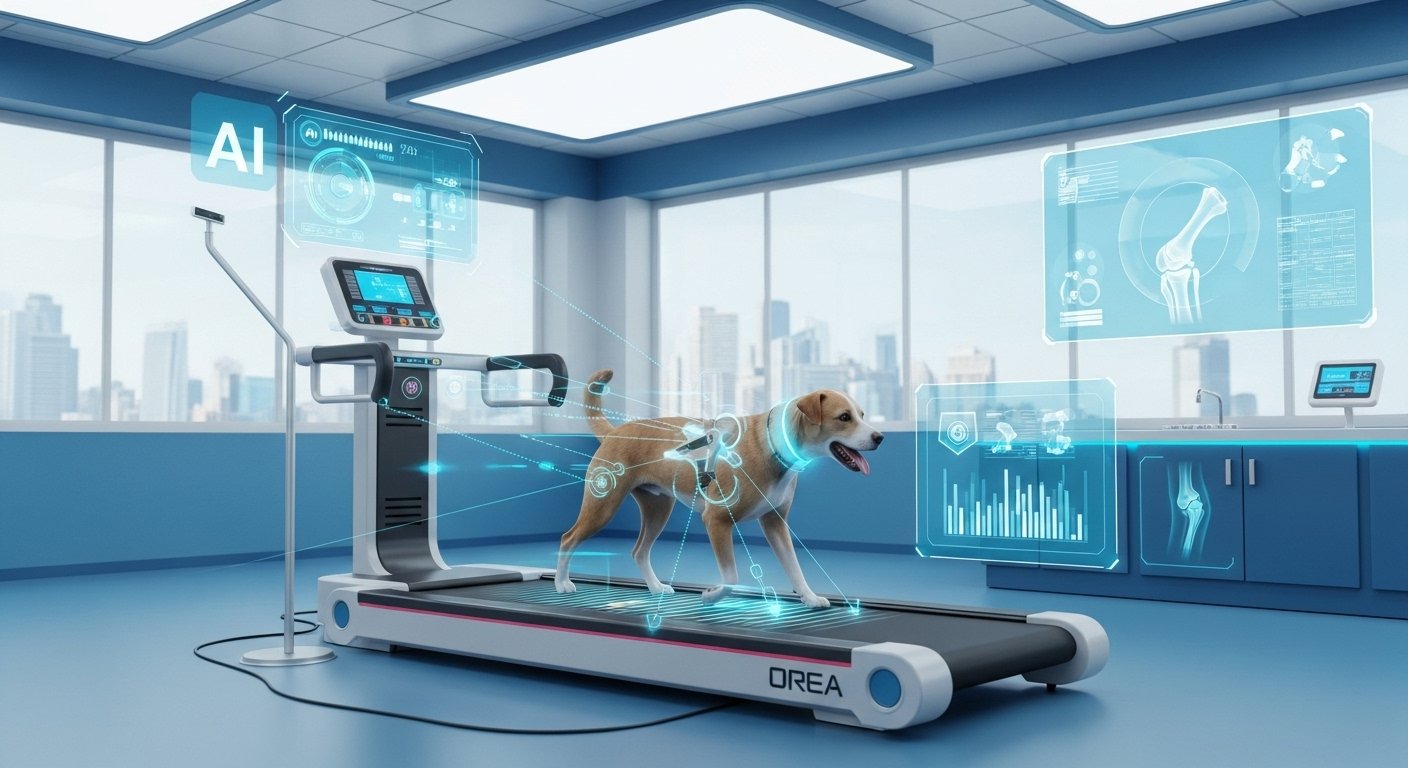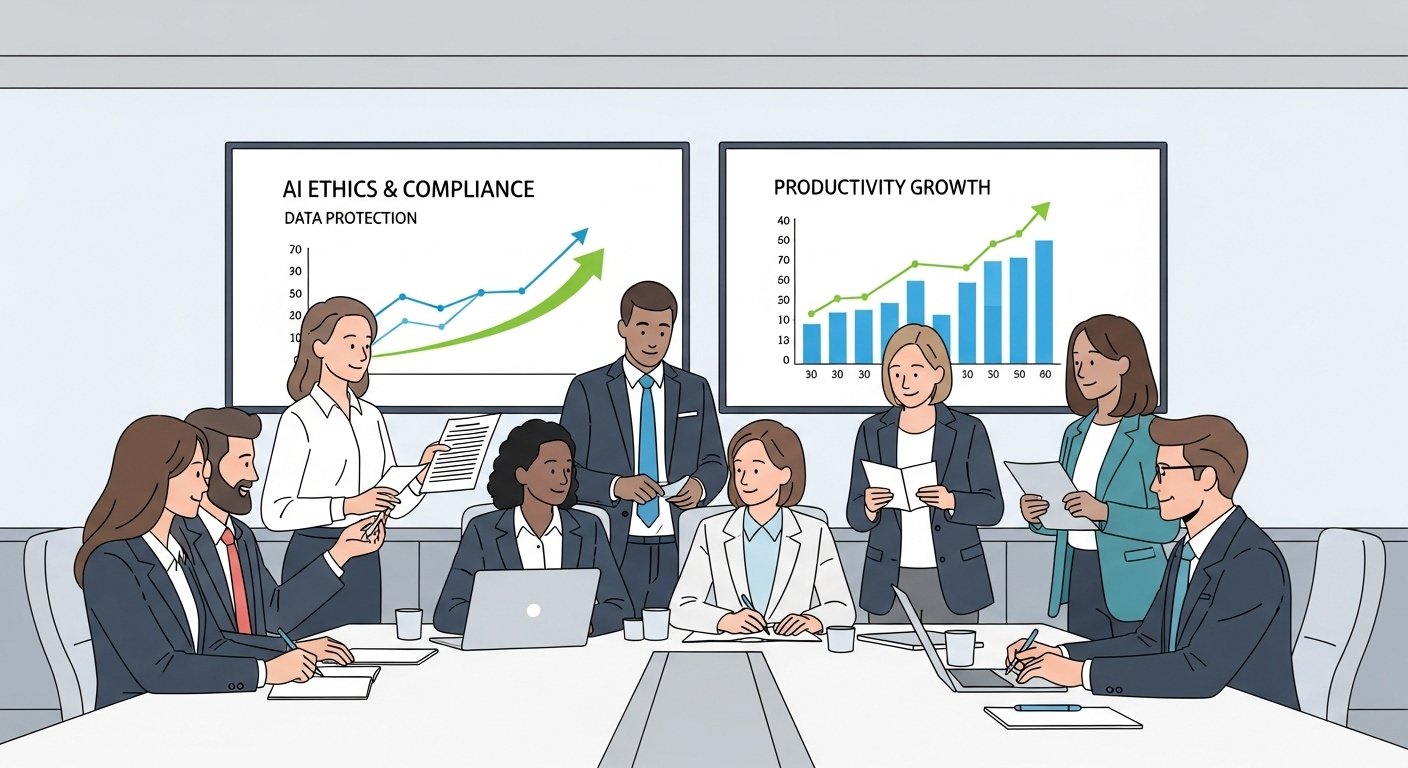Imagine needing rehabilitation after a hospital stay, trusting your insurer to approve the care, but instead being denied—because an algorithm says “no.” That’s what lies at the heart of the lawsuit where UnitedHealth is being sued over AI-driven Medicare Advantage claims denials.
This case matters not just for the plaintiffs, but for all Americans relying on private insurers to administer Medicare benefits. If algorithms can overrule doctors, what protections remain for patients? In this article, we’ll dig deep into the lawsuit, the AI tool at issue, the court’s rulings, real-life examples, and what this means for policy, patients, and insurers.
In the first 100 words alone, we’ve set the stage: UnitedHealth is accused of using AI to deny care under Medicare Advantage. Let’s move forward to unpack this complex, high-stakes legal battle.
What Is the Lawsuit About?
The Core Allegation: AI Over Doctors
At the center of the case is nH Predict, an algorithm developed by naviHealth, a subsidiary of UnitedHealth. The plaintiffs allege that UnitedHealth (and affiliates) used nH Predict not merely as a supporting tool, but as a decisive substitute for human clinical judgment.
According to the complaint:
-
UnitedHealth allegedly compared patients to cohorts of previous patients through the algorithm, then denied post-acute care (rehab, skilled nursing) if the algorithm predicted limited benefit.
-
These denials sometimes overrode physicians’ recommendations for medically necessary care.
-
The plaintiffs also allege that nH Predict has an error rate so high that 90% of denials are reversed on appeal.
If true, the complaint argues, these algorithmic denials resulted in harm: worsened health, forced out-of-pocket costs, neglect of care, and in some cases, death.
Who Brought the Case?
The lawsuit is filed under Estate of Gene B. Lokken et al. v. UnitedHealth Group, Inc. et al. in the U.S. District Court for the District of Minnesota.
Plaintiffs include current enrollees in UnitedHealth Medicare Advantage plans, as well as estates of deceased beneficiaries. Their claims span multiple legal theories (some of which have been dismissed) including:
-
Breach of contract
-
Breach of the implied covenant of good faith and fair dealing
-
Unjust enrichment
-
Insurance bad faith
-
Negligence
-
Unfair or deceptive insurance practices
But as the court has already trimmed portions of the complaint, only some of these survive (more on that below).
The Court’s Decision & Legal Developments
Motion to Dismiss: What UnitedHealth Asked For
After the plaintiffs filed their complaint, UnitedHealth moved to dismiss on several grounds:
-
Failure to exhaust administrative remedies — under Medicare rules, complainants generally must go through the Medicare Advantage appeals process before suing.
-
Preemption by the Medicare Act — arguing that federal Medicare rules override or “preempt” state law claims.
-
Failure to state viable legal claims under state law (bad faith, unfair practices, etc.)
February 2025 Ruling: Partial Denial, Partial Acceptance
On February 13, 2025, the court issued a key decision.
Here’s what the judge decided:
-
The court dismissed five of the seven legal claims (for example, unfair insurance practices, negligence) on preemption grounds.
-
However, two state law claims survived:
-
Breach of contract
-
Breach of the implied covenant of good faith and fair dealing Crucially, the court held that those surviving claims are not preempted by the Medicare Act, because they involve interpretation of the insurer’s own policy documents (i.e. whether UnitedHealth honored promises made in its coverage language).
-
-
The court also waived the exhaustion requirement in this case — meaning plaintiffs did not have to complete all appeals — because the complaints alleged futility and irreparable harm.
So, the litigation will proceed—but now limited to those two core causes of action.
What’s Next: Discovery and Strategy
With the ruling, discovery may reopen (i.e. plaintiffs can demand internal documents).
Plaintiffs are likely to seek:
-
Internal communications about nH Predict’s error rates and usage
-
Documents showing how UnitedHealth trained staff to rely on algorithm outputs
-
Evidence that the appeals system was structured to discourage review
-
Comparisons between algorithm decisions vs human clinician recommendations
UnitedHealth, for its part, will likely defend by showing:
-
That nH Predict was only advisory, not determinative
-
That coverage decisions ultimately adhere to CMS guidelines and the plan’s terms
-
That plaintiffs lack standing on certain damages or causation claims
Court scheduling orders show the case remains active.
Real-World Impact: Patient Stories & Patterns
A Tragic Case: Robby Martin’s Father
One of the more poignant examples comes from the estate of Jackie Martin, an 82-year-old who fractured his back. After hospitalization, he started a rehabilitation program under his UnitedHealth Medicare Advantage plan.
However, his rehab coverage was repeatedly terminated by UnitedHealth, citing algorithmic assessment. Despite appeals, the insurer issued repeated denials.
Eventually, Jackie left the rehab facility (feeling exhausted by the appeals process) and went home—5 days later he suffered a fatal fall. The family contends his death was directly tied to the interruption of medically needed care.
His son, Robby, has become a vocal advocate, describing the chain of denials as a “money game.”
Patterns & Allegations Across the Complaint
Beyond individual stories, the complaint points to systemic practices:
-
The algorithm’s “error rate” is alleged to be extremely high, with plaintiffs arguing that 9 out of 10 denials get reversed on appeal.
-
Insurers allegedly depend on the fact that only ~0.2% of denied beneficiaries file appeals, leaving many without recourse.
-
Some plaintiffs say the appeals process is designed to trap patients in a “denial loop,” with repeated letters and confusion.
-
Critics of UnitedHealth argue that this behavior prioritizes cost savings over patient well-being, and exploits vulnerable, older individuals with limited capacity to fight back.
Why This Case Matters: Broader Implications
Precedent Over Algorithmic Decisions
If courts allow insurers to replace human medical judgment with opaque algorithms, it raises profound questions about accountability, transparency, and patient rights. This case could help set boundaries around when and how AI may be used in healthcare insurance decisions.
Contract Interpretation & Insurer Promises
The fact that the court allowed contract-based claims to proceed is notable. It means insurers may be held to their own policy language—if they promise that doctors, not machines, decide care, plaintiffs can challenge violations of those promises.
Regulatory & Legislative Pressure
This lawsuit comes amid growing scrutiny of AI in healthcare, especially around “black box” systems that lack transparency. Regulators may respond by mandating more oversight, audit rights, or human-in-the-loop requirements.
Risks for Insurers
This case places risk on insurers using or deploying AI tools:
-
Legal liability
-
Reputational damage
-
Increased regulatory scrutiny
-
Pressure to open algorithmic audit trails
UnitedHealth is not the only one under fire: similar claims are faced by other Medicare Advantage insurers like Humana and Cigna.
Challenges & Counterarguments
No lawsuit wins by default. UnitedHealth has possible defenses and challenges ahead:
-
AI as a guide, not a decision-maker: UnitedHealth maintains that nH Predict is advisory, not determinative.
-
CMS and Medicare rules compliance: The insurer may argue that its decisions follow Medicare rules and plan terms, irrespective of algorithmic suggestions.
-
Proving causation and harm: Plaintiffs must show that algorithmic denials caused actual damage (worsened health, costs).
-
Limiting remedies or damages: Even as contract claims survive, the scale of damages may be constrained.
-
Appeal routes and court precedent: The law of preemption and exhaustion is still unsettled—higher courts might reverse parts of the ruling.
Tips for Patients & Policyholders
If you (or someone you know) are enrolled in a Medicare Advantage plan and face denied care:
-
Request a detailed denial letter: Ask for the rationale and criteria used.
-
File appeals aggressively and promptly: Use all available internal appeal levels.
-
Ask for peer review or external review: Some plans or states may allow external review.
-
Document everything: Physicians’ notes, dates, communications, emails.
-
Seek legal or advocacy help: Senior advocacy groups or health law attorneys may assist.
-
Publicize and raise awareness: Sharing stories can pressure insurers and attract judicial/regulatory attention.
Conclusion
The case of UnitedHealth sued over AI-driven Medicare Advantage claims denials represents a pivotal moment in the intersection of healthcare, insurance, and artificial intelligence. While parts of the plaintiffs’ complaint were dismissed, the court has allowed breach of contract and breach of the implied covenant of good faith and fair dealing claims to proceed.
That means the core question—can insurers substitute algorithms for doctors in denying coverage—remains alive. For patients, the stakes are high: access to care, financial exposure, and entitlement to dignity in treatment. For insurers and regulators, the decision could set a precedent for how AI is applied (or constrained) in the healthcare and insurance ecosystem.
In short: this lawsuit is more than a dispute between a company and its policyholders. It’s a test of whether healthcare decisions will remain human-centric in an age of automation.
FAQs
Q1: What is “nH Predict”?
nH Predict is an algorithm developed by UnitedHealth’s affiliate, naviHealth, that compares patient data to cohorts to predict whether post-acute care (e.g., rehab) will yield benefit. Plaintiffs allege it has high error rates and is used to deny coverage.
Q2: Why did the court dismiss some claims but not others?
The court found that many state law claims were preempted by the Medicare Act or lacked a legal basis. However, breach of contract and the implied covenant claims survived because they hinge on the insurer’s own policy language and do not conflict with federal standards.
Q3: Did the court require plaintiffs to exhaust all Medicare appeals first?
No—the court waived the exhaustion requirement, concluding that in this case the appeals process would likely be futile and cause irreparable harm.
Q4: What damages could plaintiffs get if they win?
If successful, plaintiffs may recover monetary damages for out-of-pocket costs, compensable harm (worsening conditions), and possibly other remedies depending on judicial rulings. The scale depends heavily on proof of causation and the number of class members.
Q5: How long will this lawsuit take?
Court cases of this nature often stretch over years. Next phases include discovery, summary judgment motions, possible appeals, and if it goes to trial, verdict. Because many plaintiffs are elderly or in fragile health, urgency is a factor.








Leave a Reply